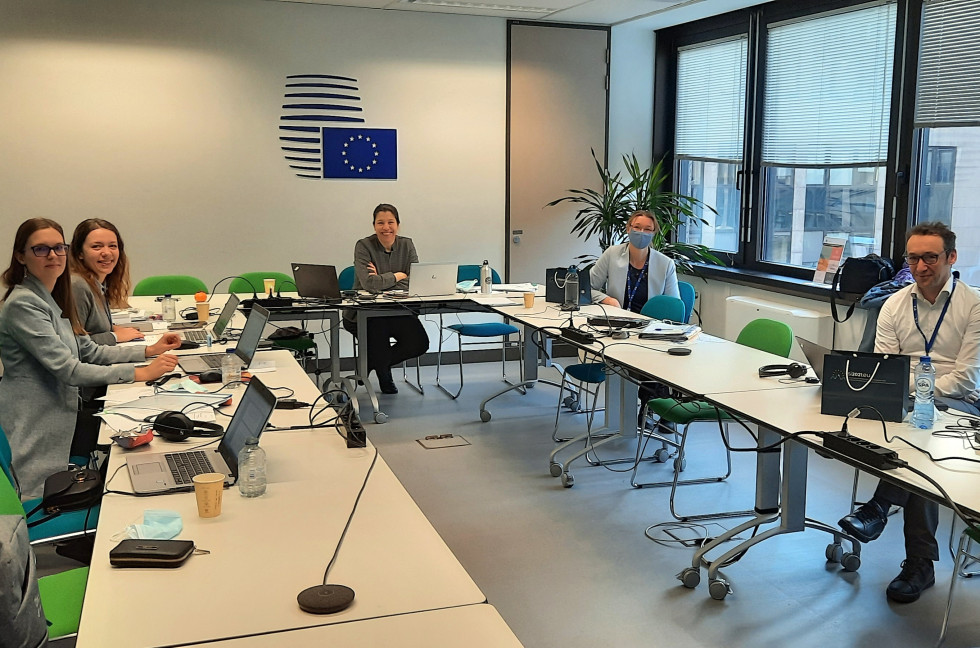Parties to the Geneva Convention on Long-range Transboundary Air Pollution harmonise emission reduction guidance documents by sector
- Ministry of the Environment and Spatial Planning
- Permanent Representation to the European Union Brussels
The parties adopted new guidance under the Gothenburg Protocol to Abate Acidification, Eutrophication and Ground-level Ozone. The adoption of this new guidance is expected to significantly reduce emissions of PM 2.5 particulate matter, black carbon and other pollutants, which will have a positive impact on human health, climate and biodiversity. While good practice guidance to reduce pollution from wood burning had already been adopted in 2019, the parties now also adopted guidance on reducing emissions from agricultural residue burning. Household heating stoves and residue burning are a major source of particulate matter and other pollutants.
The parties also discussed agricultural practices in the context of a new assessment report on ammonia (NH3), which finds that a 30% to 50% reduction in ammonia emissions is needed to prevent damage to ecosystems and health. While the damage to public health and ecosystems from ammonia emissions is estimated at between €10 and €25 per kg of ammonia, abatement measures are more cost-efficient and range between €4 and €15 per kg of ammonia.
At the 41st session, the effectiveness of the implementation of the Gothenburg Protocol was also discussed as the review that is currently underway will be a milestone in how the convention will evolve in the coming years. The parties welcomed the imminent entry into force of the amended Protocol on Persistent Organic Pollutants (20 January 2022) and the Protocol on Heavy Metals (8 February 2022), promising further benefits for cleaner air and environment.
They agreed that closer cooperation within and beyond the United Nations Economic Commission for Europe (UNECE) region will be key to the future success of the convention. Recognising this need, the parties launched a new initiative in 2019 – the Forum for International Cooperation on Air Pollution, which aims to support international exchange of information exchange and mutual learning at both the technical and policy level. To operationalise this initiative, the parties established a new Task Force for International Cooperation on Air Pollution, which will be chaired by Sweden and the UK. The task force will be comprised of experts from the parties and other interested countries and international organisations.


